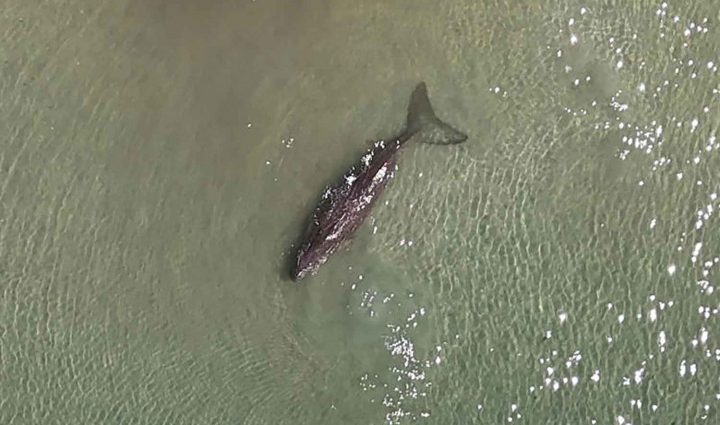
The Department of Marine and Coastal Resources (DMCR) says eight dugongs have died and been washed ashore this month.
Marine ecosystem expert Thon Thamrongnawasawat estimated that only a few dozen dugongs will remain in the Andaman Sea in five to eight years.
The DMCR says four males and four female dugongs were found washed ashore between Oct 1 and 24 — two were in Phuket, one in Krabi, two in Trang and three in Satun.
They were all found dead except one that was found alive but died shortly later.
Five were juveniles, the other three were fully grown.
Initial findings showed three of them were emaciated and had empty or nearly empty digestive tracts, possibly linked to the deterioration of seagrass in their habitats.
One was believed to have become entangled in a fishing net from the rope marks observed around its body.
It was impossible to determine the cause of death for the other four due to the decayed state of their carcasses.
Natural Resources and Environment Minister Chalermchai Sri-on has told the DMCR to speed up deploying a special team, comprising academics, researchers and state officials, to monitor and survey dugong populations and other rare marine species as well as seagrass habitats along the Andaman coast.
Mr Thon, a marine ecosystem expert from Kasetsart University, posted on his Facebook page on Thursday warning that global warming has become a significant threat to dugongs.
Some 70 of them have died in just 22 months, exceeding the prior average of 20.25 per year.
Mr Thon said the population could drop to just a few dozen due to the lack of seagrass in just 5-6 years.
The public can report incidents regarding coastal or rare marine animal situations via the Forest and Marine Ranger hotline at 1362.

